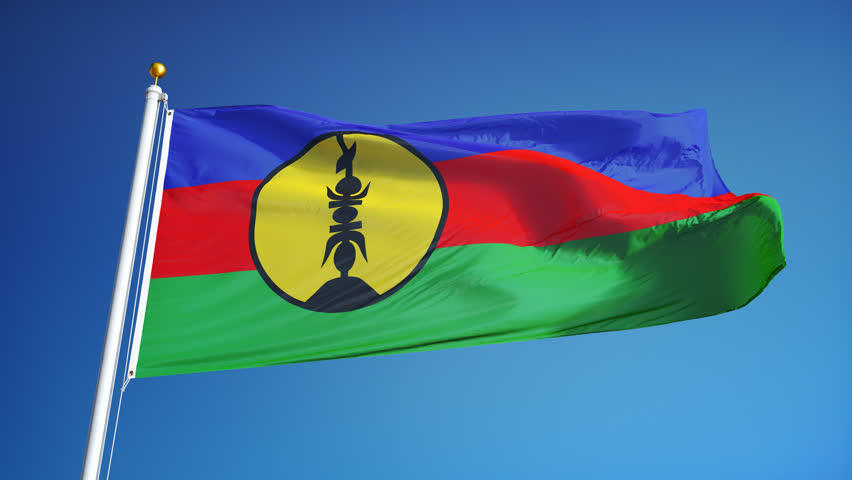French Island Territory New Caledonia Holds Crucial Independence Referendum

By Trend
New Caledonia, a French island territory in the Pacific, located 18,000 kilometers (11,000 miles) from France, has begun voting in an independence referendum, with about 175,000 people able to cast their vote at 284 polling stations. If a majority of voters do not support the independence bid, a new vote could be held in two years, Sputnik reports.
According to recent surveys, conducted on the island, from 63 to 75 percent of people are poised to vote against breaking away from France.
French President Emmanuel Macron stated in May that "France would be less beautiful without New Caledonia."
With a population of some 269,000, New Caledonia has been under French control since it was colonized in 1853. Native Kanaks represent about 40 percent of the island's population.
The island now holds the status of a French special collectivity with its own congress and government. The territory enjoys rather broad autonomy, but issues of defense, justice, education and foreign affairs are managed by Paris.
In the late 1980s, a rising pro-independence sentiment led to intense clashes between pro-independence Kanaks and inhabitants of European descent who opposed independence.
In 1988, the Matignon Accord proposed an end to direct French rule, while the 1998 Noumea accord set the timetable for a vote on the territory's independence from France to be held in 2018.
Over the past few decades, New Caledonia has turned into a multinational region. It has been one of the most economically attractive territories in the Pacific and has seen high levels of migration, mostly from neighboring Asian countries. Additionally, New Caledonia remains one of France’s most attractive travel destinations.
It is also rich in mineral resources, including nickel, cobalt, chrome, iron, manganese, silver, gold, lead, and copper. In particular, New Caledonia produces 10 percent of the world’s nickel.
However, in economic terms, the island is largely dependent on France, which ensures 30 percent of its public spending. Prices in the French special collectivity are 20% higher than the Eurozone average, and the levels of unemployment remain high due to numerous social and ethnic inequalities.
---
Follow us on Twitter @AzerNewsAz
Here we are to serve you with news right now. It does not cost much, but worth your attention.
Choose to support open, independent, quality journalism and subscribe on a monthly basis.
By subscribing to our online newspaper, you can have full digital access to all news, analysis, and much more.
You can also follow AzerNEWS on Twitter @AzerNewsAz or Facebook @AzerNewsNewspaper
Thank you!
